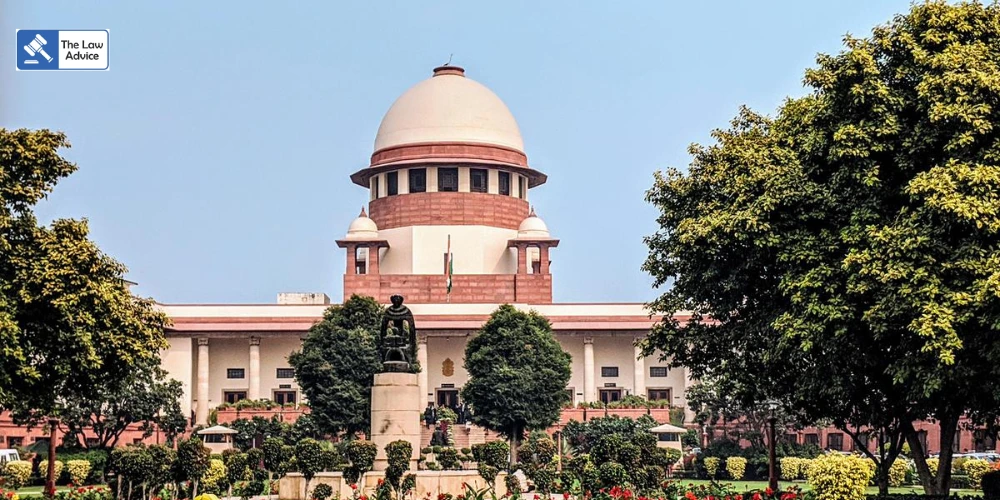In a significant judgment reinforcing the regulatory oversight of electricity tariffs, the Supreme Court of India has held that a power-generating company and a distribution licensee (discom) cannot independently negotiate and fix electricity tariffs through a Power Purchase Agreement (PPA) without the mandatory approval of the concerned State Electricity Regulatory Commission (SERC).
The Bench of Justice Sanjay Kumar and Justice NV Anjaria clarified that tariff determination is not a matter of private negotiation, but rather a statutory function entrusted to regulatory commissions under Section 86(1)(b) of the Electricity Act, 2003.
Court’s Observations on Section 86, Electricity Act 2003
The Court emphatically observed:
“Fixing of the price for the purchase of electricity is not a matter of private negotiation and agreement between a generating company and a distribution licensee. The price as well as the agreement, i.e., PPA, incorporating such price and providing for purchase of electricity at that price necessarily have to be reviewed and approved by the State Commission under this provision.”
Reiterating the statutory mandate, the Court further held:
“We, however, clarify and affirm that a generating company and a distribution licensee cannot, by private agreement, execute a PPA on their own or stipulate tariff therein as per their choice, for supply of electricity within a State, without seeking the review and approval of the Electricity Regulatory Commission under Section 86(1)(b) of the Act of 2003.”
The Case Background: M/s. KKK Hydro Power Limited v. Himachal Pradesh State Electricity Board Ltd. & Ors.
The case arose from a dispute between KKK Hydro Power Limited, a small hydro project developer in Himachal Pradesh, and the Himachal Pradesh State Electricity Board (HPSEB).
• In 2000, a PPA was signed for a 3 MW hydroelectric project, fixing a tariff of ₹2.50 per unit (kWh).
• After the establishment of the Himachal Pradesh Electricity Regulatory Commission (HPERC), the company expanded its capacity to 4.9 MW in 2008.
• In 2010, KKK Hydro and HPSEB entered into a supplementary PPA, enhancing the tariff to ₹2.95 per unit, citing a subsequent HPERC order.
• However, no approval was sought from HPERC for this revised tariff.
HPERC rejected the supplementary agreement, holding that the original rate of ₹2.50 per unit continued to apply.
In 2014, the Appellate Tribunal for Electricity (APTEL) attempted a compromise by introducing a weighted average tariff of ₹2.60 per unit, distinguishing between the original and expanded project capacities.
Dissatisfied, KKK Hydro appealed before the Supreme Court, seeking entitlement to the enhanced tariff of ₹2.95 per unit for the entire project.
Restoring the HPERC’s original decision, the Supreme Court dismissed the appeal and reinforced the primacy of regulatory commission approval in tariff matters. Justice Sanjay Kumar, writing for the Bench, stated:
“…the appellant and the HPSEB were bound to approach the Commission to secure its approval before they could effect any enhancement of the tariff stipulated in the PPA dated 11.03.2008. Without doing so, the appellant and the HPSEB, on their own and without the Commission’s review and approval, enhanced the tariff from ₹2.50 per kWh to ₹2.95 per kWh under their supplementary PPA dated 10.09.2010!”
The Court categorically rejected KKK Hydro’s plea:
“In summation, the plea of the appellant that it should be extended the enhanced tariff of ₹2.95 per kWh for the entire project, including the 3 MW plant covered by the PPA dated 30.03.2000, is bereft of merit.”
Cause Title
M/s. KKK Hydro Power Limited v. Himachal Pradesh State Electricity Board Limited & Ors.
